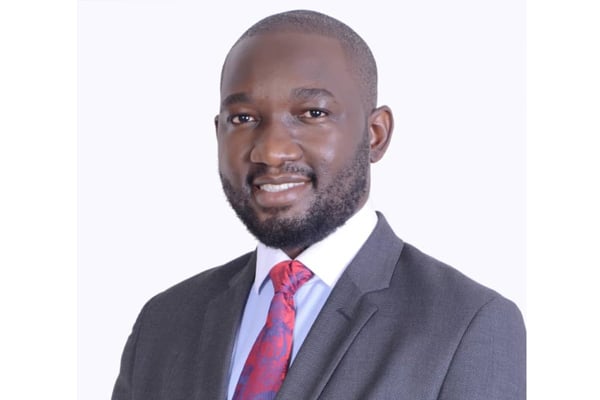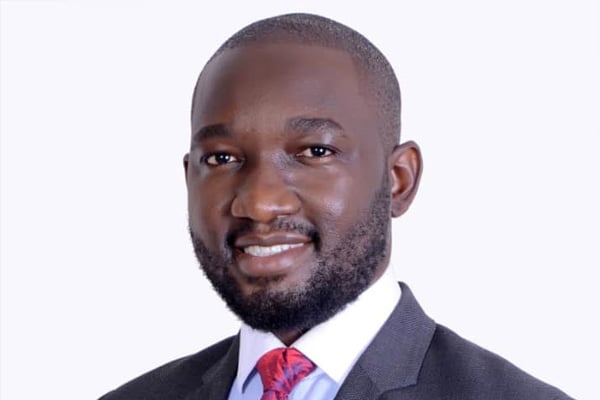Kyambogo-URU and the crisis of confidence in sports dispute resolution

Author, Ivan Ojakol. PHOTO/COURTESY
What you need to know:
- The sports world is different and has its peculiarities.
There is such a thing as “Sports Law” much to the chagrin of some naysayers. It propounds the notion that sports bodies should be able to organize their affairs and self-regulate and bars political interference.
Allow me to flirt with the sometimes blurry ‘Subjudice Rule’. This week Kyambogo Rugby Club filed a suit against Uganda Rugby Union (URU) for what it termed as high-handed, unfair, and irrational acts in the latter suspending and replacing them with Boks in the Central Region Championship semi-finals.
As a bit of background to the dispute; URU had made a decision in the run-up to the lower tier rugby championship to replace Boks with Kyambogo arguing that the former was a feeder side to Kobs before making a U-turn to re-instate Boks.
The argument by the proponents of Sports Law is that it is important to have a special-bespoke legal regime for sports because of the nature of the industry. Sportsmen and women for example want their sports disputes handled expeditiously so that they can get on with their short, shelf-life careers. You don’t want a sportsman’s case taking 10 years in the conventional court system.
There is also something termed “The Specificity of Sport” which the Court of Arbitration for Sport has stated is to the effect that in arriving at a sports solution through a judicial process, the specific nature and needs of sports must be taken into consideration.
In a nutshell, the sports world is different and has its peculiarities. This puts Sports Law on a somewhat collision course with Municipal Law.
Kyambogo Rugby Club contends that they tried to explore the internal dispute resolution mechanisms at URU but got no response and they seem to have evidence to that effect. On the other hand, URU through their Chief Executive has warned Kyambogo that they risk a ban for putting the game into disrepute by taking a rugby dispute that would have been handled internally to a national Court.
On a lighter note, all sports administrators in Uganda seem to love that line “…bringing the game into disrepute”.
Even when one is the greatest Evangelist of sports autonomy, if indeed Kyambogo Rugby Club is right, one cannot help but side with them.
It is Alistair Bell, FIFA Deputy Secretary General who stated recently that for sports to claim autonomy, it must earn it by showing that it can be well-governed and can deliver justice in a fair and equitable manner.
Justice Musa Ssekaana also recently added voice to this and sent out a stern warning to sports bodies in a case before him “sports clubs should therefore tread carefully in future to ensure that when making decisions, they act squarely within the powers provided to them under any constitution or rules and they adhere to accepted standards of due process and natural justice. This will help avoid the risk of court challenge by disgruntled members.”
It might not also be entirely true that sports bodies can claim full autonomy, especially in this part of the world where national legislation attempts to govern the running of sport and sports federations receive funding from government. Of course, sporting politics under the guise of sports independence as we have seen in football always rears its ugly head by way of threatened or actual bans when governments start asking questions.
For sports federations or even URU to legitimately have the moral and legal authority to stop Kyambogo et al from going to national courts, they have to earn that by establishing dispute resolution mechanisms that create confidence among their stakeholders in their composition, competence, neutrality, responsiveness, and transparency otherwise Justice Ssekaana’s warning will haunt them for a long time.
The author is a Sports Lawyer and Lecturer
[email protected]




